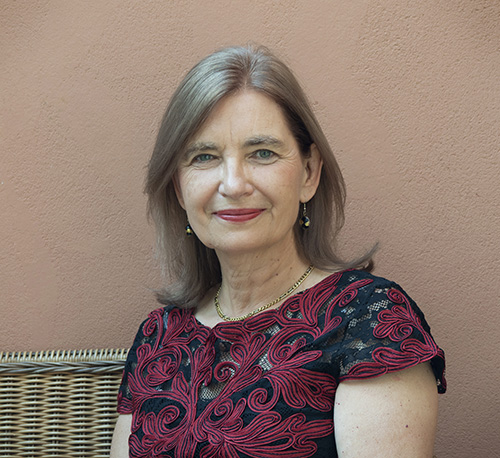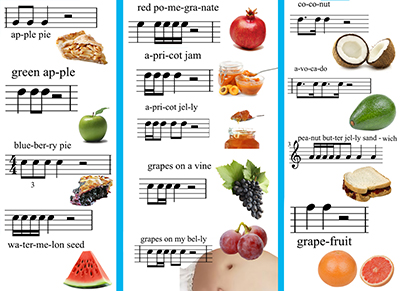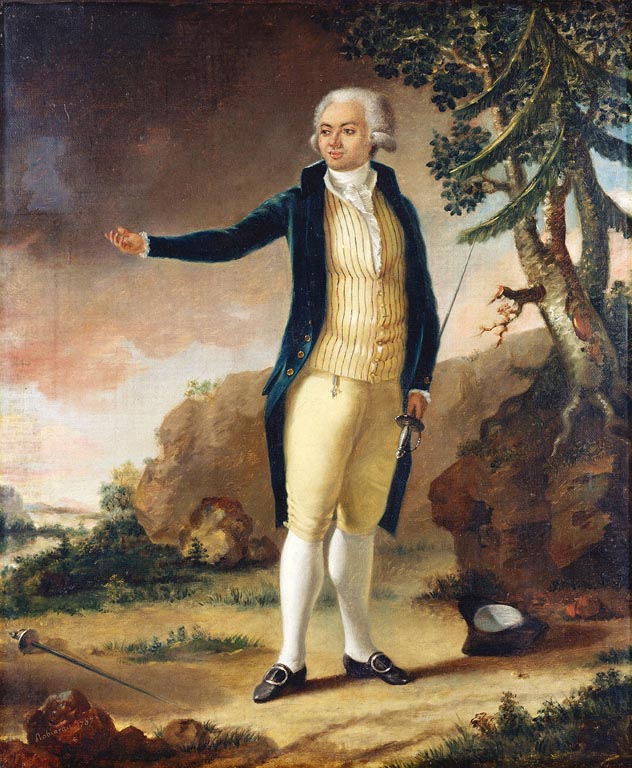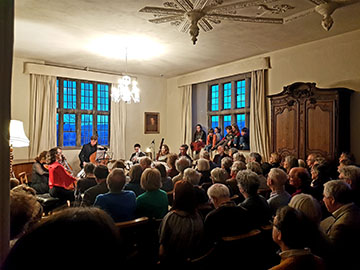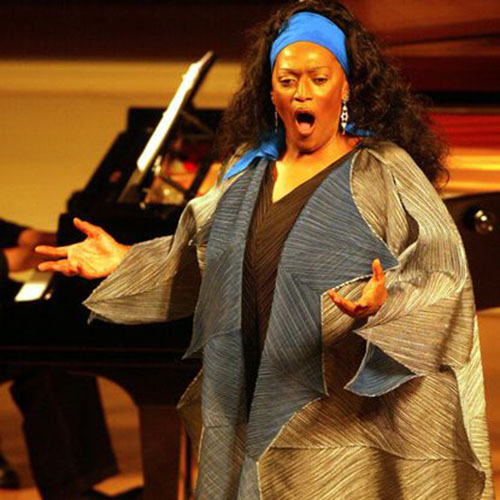The Complete Pianist is exactly that: a comprehensive, generous guide to playing and teaching the piano, and one of the most significant volumes on piano technique to appear in recent decades, written by renowned pedagogue and British concert pianist Penelope
Articles
We recently explored how to learn to read the notes of a piece of music. But that’s only half the battle! We can’t read music until we learn the rhythms too. Counting involves mathematics…not always everyone’s favorite subject. As a
Joseph Boulogne, Chevalier de Saint-Georges (1748-1799) was the darling of French Society, and he was one of the most accomplished men of his age. Born in St. Dominique—now Haiti—to a wealthy plantation owner and his black Senegalese slave Nanon, “said
The titles in italics throughout refer to pieces by Claude Debussy. ‘Valse mélancolique et langoureux vertige’ (‘Melancholy waltz and languorous vertigo’) (Charles Baudelaire, Harmonie du Soir) From my seat on the grassy terrace outside Treowen Manor in the Wye, I
If you’re a cellist, and particularly if you’re early in your cello education, the thing you need most is an example. Actually seeing how a cellist plays the instrument, how she moves her bow, and what her fingers do is
Jessye Norman Any catalogue of the most spectacular black performers in the world of classical music has to begin with Jessye Norman (1945-2019). She possessed one of the world’s most beautiful and powerful voices with a glorious rich middle and
I am not always convinced about soundtracks. On the one hand, I regret music being composed, recorded and produced for the sole purpose of being an accompanying sound to a busy image. On the other hand, when developed rightly there
Most people, including musicians, don’t really take any notice of their bodies until they feel pain or are injured. Athletes on the other hand tend to have a far greater awareness of the body, in tune with its mechanisms and

